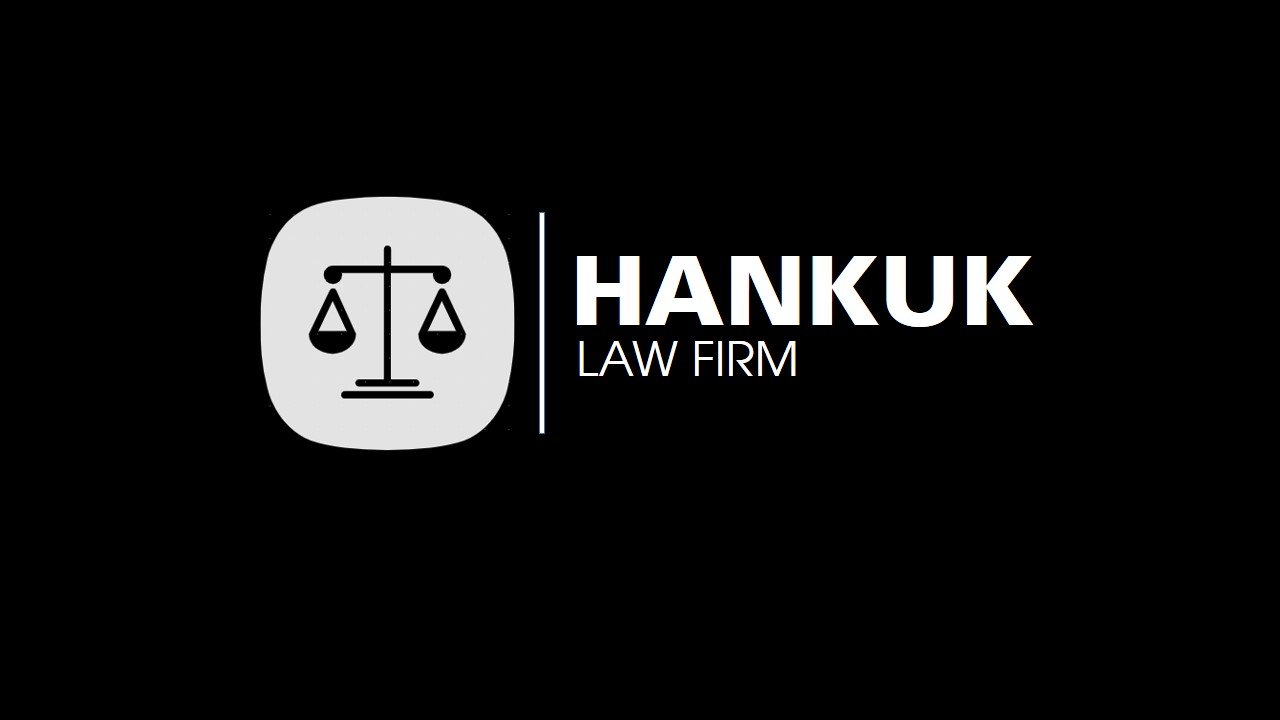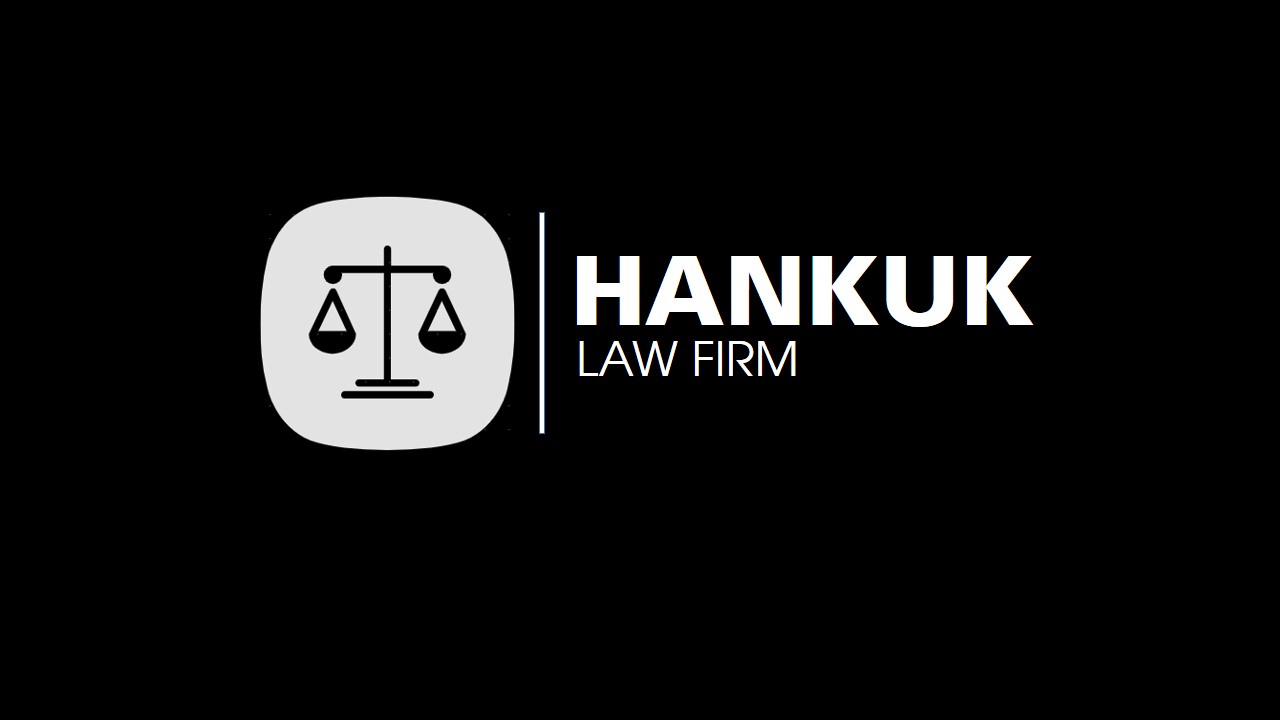CHILD CUSTODY RIGHTS IN DIVORCE
Contents
- I. Legal basis
- II. Conditions for obtaining child custody in divorce
- III. Procedures for obtaining child custody after divorce
- IV. Modification of custody after a court decision
- V. Rights and obligations of parents after divorce concerning their children
- VI. Handling violations related to child custody rights
- VII. Conclusion
- VIII. About Us, Hankuk Law Firm
I. Legal basis
- The Law on Marriage and Family of Vietnam 2014
Under the provisions of Article 81 of the Law on Marriage and Family 2014, child custody after divorce is determined based on the “best interests of the child.” Additionally, Articles 84 and 85 of this Law clearly stipulate the conditions, rights, and obligations of parents regarding child custody.
II. Conditions for obtaining child custody in divorce
2.1. Factors considered in determining child custody in divorce
To determine who will have direct custody of the child after divorce, the court will consider a combination of factors, including:
(1) The child’s age:
- Children under 36 months are usually given to the mother for direct care, unless she is unfit.
- For children 36 months or older, the court will consider the actual circumstances and the child’s preferences.
(2) Material conditions:
- Stable income of the father or mother; financial capacity to cover the costs of raising and caring for the child.
- A safe and suitable living environment that supports the child’s physical and mental development (residence, school, social environment).
(3) Emotional conditions and caregiving capacity:
- The caregiver must have sufficient time, dedication, and responsibility to directly care for and educate the child.
- The emotional relationship between the child and the parent (level of attachment, love, and attention).
- The parent’s health, educational background, ethics, and healthy lifestyle.
(4) The child’s wishes:
- Children aged 7 and above will have their preferences regarding which parent they wish to live with taken into consideration.
2.2. Special cases
- If the mother is violent, addicted, neglectful or incapable of caring for the child, the Court will not award custody to the mother even if the child is under 36 months old.
- If the father has better conditions for care or expresses a suitable desire, he may be granted custody, even though tradition usually favors the mother.

III. Procedures for obtaining child custody after divorce
3.1. Lawsuit dossier
When the parents cannot reach an agreement on custody, they may file a petition with the court. The dossier includes:
- A petition requesting the court to determine child custody (using the prescribed form or handwritten);
- Marriage certificate (if available);
- Child’s birth certificate.;
- A copy of the ID cards/citizen identification cards of both parents;
- Evidence of conditions for obtaining custody (proof of income, residence, assets, and documents demonstrating the ability to care for the child);
- Other evidence (if available): receipts for child-rearing expenses, health certificates, the child’s school records, school confirmations, family circumstance certificates, etc.
3.2. Place of filing
The district-level People’s Court where the respondent (the parent not directly caring for the child) resides or works.
3.3. Resolution process
- Filing acceptance: The court reviews the application for validity, issues a decision to accept the case, and notifies the parties involved.
- Advance payment of court fees: The plaintiff must pay the advance court fees at the civil judgment enforcement agency.
- Case resolution: The court conducts conciliation (if possible), takes testimonies from the parties and the child (if of appropriate age), inspects conditions, and evaluates the evidence.
- Issuance of decision/judgment: Based on the best interests of the child, the court determines the primary caregiver and the rights and obligations of the parties after divorce.
3.4. Resolution time
Resolution time is usually 4 to 6 months, depending on the complexity of the case and the amount of evidence.
IV. Modification of custody after a court decision
4.1. Cases eligible for modification
- There is an agreement between the father and mother to change the person who directly cares for the child;
- The current caregiver no longer has sufficient financial, health, or mental capacity to continue caring for the child;
- The child’s wishes (for children aged 7 or older) regarding a change of residence or caregiver;
- Other special circumstances that would better serve the child’s development.
4.2. Procedure for changing custody
- Submit a petition to the court requesting a change of custody;
- Provide evidence supporting the reasons for the change;
- The court conducts investigation and trial procedures similar to the initial custody case;
- A new decision is issued after a full assessment.
V. Rights and obligations of parents after divorce concerning their children
5.1. Rights of the non-custodial parent
- Rights to visit and care for the child: Entitled to meet, communicate with, and visit the child according to an agreement or court decision;
- Right to participate in decisions on important matters concerning the child (education, healthcare, daily life);
- Right to protect the child’s interests and request court intervention if visitation or care is obstructed.
5.2. Obligations of the non-custodial parent
- Child support: Fulfill obligations in full according to the agreed amount or court decision;
- Participate in the child’s upbringing by providing emotional support, care, and assistance when necessary.
5.3. Rights and obligations of the custodial parent
- Daily custody, care, and education of the child;
- Obligation to facilitate visitation and care by the other parent;
- Protect the child’s legal rights and ensure a healthy development environment.
6.1. Types of violations
- Obstructing the visitation rights of the non-custodial parent;
- Failing to fulfill child support obligations.
- Abusing custody rights to harm the interests of the child or the other parent;
- Acts of violence, neglect, or causing harm to the child’s health or life.
6.2. Forms of disposal
- Administrative sanctions: fines, and orders to restore rights and obligations;
- Criminal liability: applied to acts of domestic violence causing serious harm to the child.
- Civil measures: The court may modify custody rights or restrict the rights of the offending party.
VII. Conclusion
The determination of child custody upon divorce is an extremely sensitive matter and must be resolved in accordance with the principle of the “best interests of the child.” The parties are required to prepare complete documentation and evidence regarding their material and personal conditions, and to comply with the legal procedures to safeguard both their own rights and the rights of the child. In all cases, cooperation and agreement between the parents remain the most effective approach to ensure a stable and supportive environment for the child’s development following divorce.
Read more related articles:
VIII. About Us, Hankuk Law Firm

■ Hankuk Law Firm – Introduction
The goal of the legal services provided by HANKUK LAW FIRM is to support businesses, investors, and people. Our organization employs skilled Korean lawyers, partners, and professionals to provide legal services to businesses related to corporations and litigation.
To support the startup process, our lawyers and staff provide a wide range of services, including business law consulting, tax and immigration law consulting, real estate services, business consulting, marketing and communications, human resources, product distribution, franchise options, etc. We provide expert advice on every aspect of your business needs.
To protect the legitimate rights and interests of our clients and achieve the best results, we provide legal advice and participate in civil lawsuits related to business, labor, marriage, family, and inheritance.
■ Contact us now

For reliable and effective legal advice, please contact HANKUK LAW FIRM now. We are committed to providing you with the best possible answers and our team of experienced lawyers has extensive knowledge in many legal fields. We are always here to provide the most competent and dedicated support, whether you are dealing with contractual issues, commercial disputes or need guidance on foreign investment. HANKUK LAW FIRM is honored to have assisted hundreds of domestic and international clients in skillfully resolving complex legal issues as their trusted legal partner. Do not let legal issues hinder your success. Let us accompany you towards legal achievement and comfort. For prompt guidance and support to ensure your rights are always maintained at the highest standards, contact HANKUK LAW FIRM now.
■ Contact Hankuk Law Firm:
| Website: http://hankuklawfirm.com/en/
FB: https://www.facebook.com/hankuk.lawfirm Tiktok: https://www.tiktok.com/@hankuklawfirm Youtube: https://www.youtube.com/@hankuklawfirm6375 Email: info@hankuklawfirm.com SĐT: 0942.339.063 |
 |

